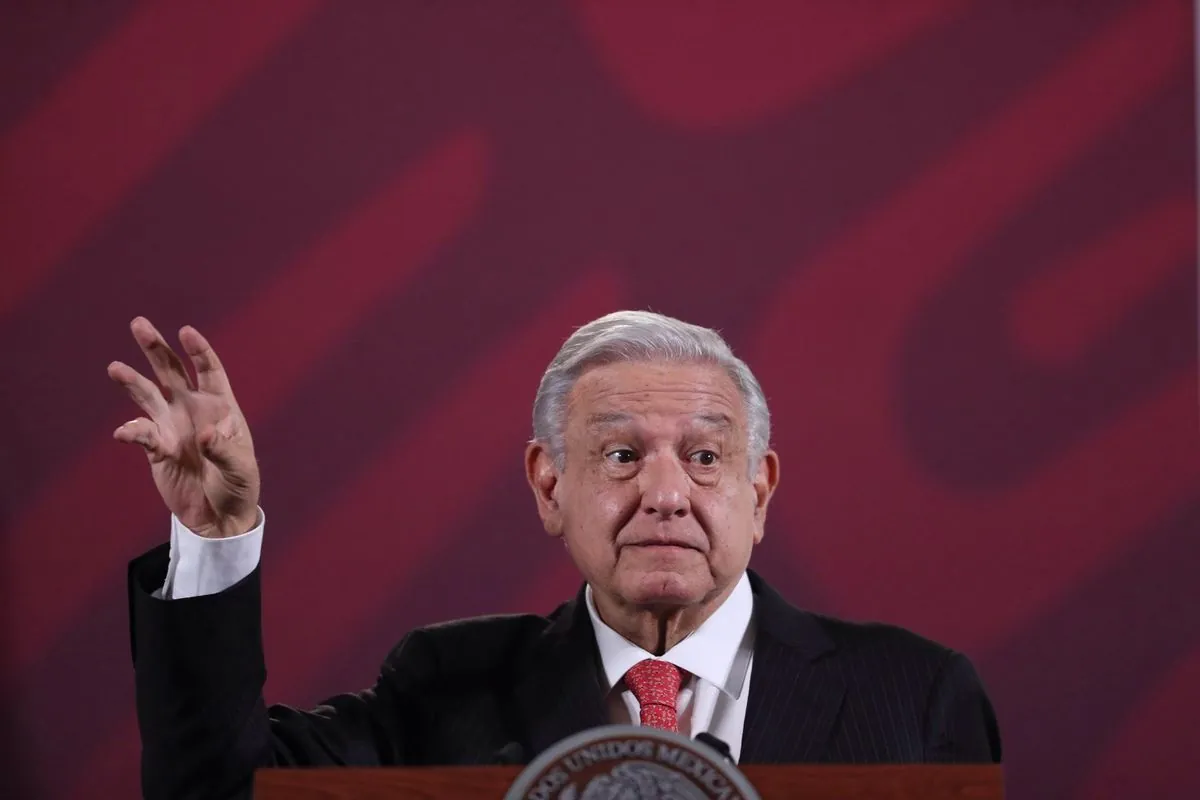Andrés Manuel López Obrador, México's outgoing president, has transformed the political landscape through his daily media briefings known as "las mañaneras." These morning sessions, held in the historic National Palace, have become a defining feature of his administration since December 2018.
The 70-year-old leader begins each workday at 7 a.m., addressing a mix of journalists and social media personalities for up to three hours. These briefings, broadcast live on various platforms, have provided López Obrador with a direct line to his base, allowing him to shape the national conversation.
Supporters view the mañaneras as a source of transparency and connection with their leader. Jesús Hernández Alarcón, a 79-year-old vendor, stated, "The mañaneras have opened our eyes. They show us all what Mr. López Obrador has achieved."
However, critics argue that these sessions have become a platform for spreading misinformation and attacking opponents. A 2021 report by SPIN identified over 56,000 false or misleading statements made during these briefings over a 2.5-year period.
The impact of these briefings extends beyond traditional media. Short clips often go viral on social media platforms, amplifying López Obrador's message. Kevin Zapata, a professor at the University of Nottingham, noted, "A 30-second clip can be more powerful than the two hours on TV."
Concerns have been raised about the effect of these briefings on press freedom in México. Jan-Albert Hootsen, México representative for the Committee to Protect Journalists, expressed worry about the president's narrative creating an "us versus them" mentality towards journalists.
The mañaneras have played a significant role in López Obrador's populist approach, which has resonated with many Mexicans. His Morena party, founded in 2011, secured major gains in the June 2024 elections, solidifying its majority in Congress.
As López Obrador's term comes to an end on September 30, 2024, questions arise about the future of these briefings. President-elect Claudia Sheinbaum has stated her intention to continue the practice, but observers note that replicating López Obrador's unique charisma may prove challenging.
The mañaneras have undoubtedly left an indelible mark on Mexican politics, reshaping public discourse and the relationship between the presidency and the media. As México moves forward, the legacy of these daily briefings will continue to influence the country's political landscape.
"This is a way to educate, to raise awareness so that (traditional news organizations) cannot manipulate information. People are more informed, and that comes with a lot of advantages. … There is no topic that is off limits, there is no censorship."
While the mañaneras have been a powerful tool for direct communication, their impact on México's democratic institutions and press freedom remains a subject of debate. As the country prepares for a new administration, the balance between transparency and responsible governance will be crucial in shaping México's political future.
